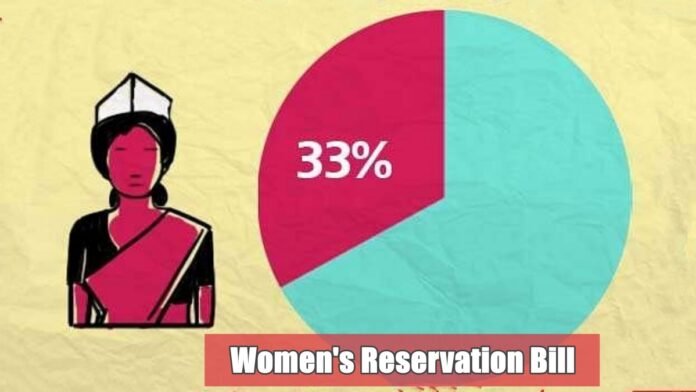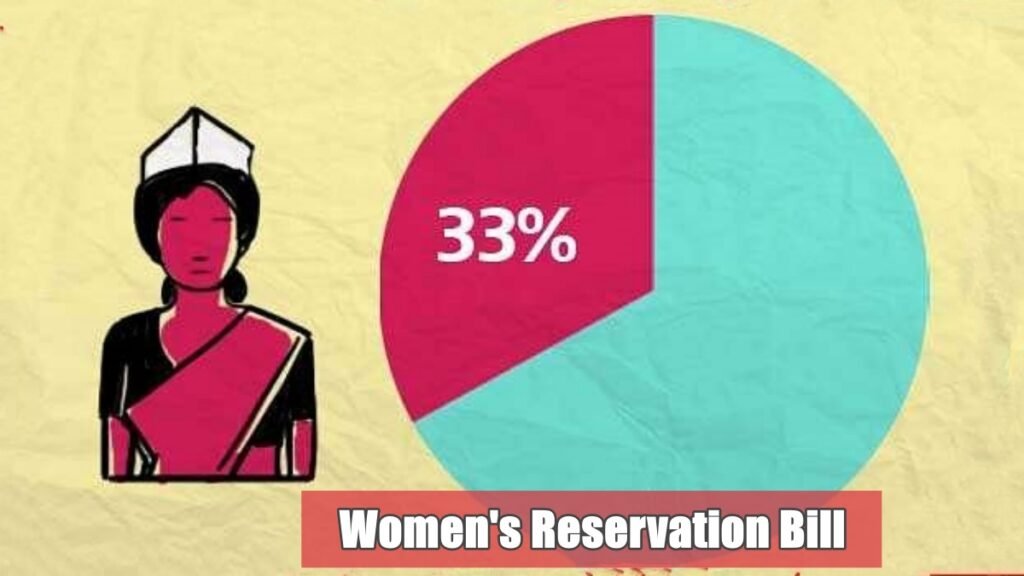
New Delhi: In a historic move, the Lok Sabha passed the Women’s Reservation Bill (Nari Shakti Vandan Act) on Monday, paving the way for 33 percent reservation for women in Parliament and state legislatures. The bill, which was introduced by Law Minister Arjun Ram Meghwal in the new Parliament House, was approved by voice vote amid cheers and applause from the members. The bill will now be sent to the Rajya Sabha for its approval.
The bill aims to empower women and increase their representation in the law-making bodies of the country. According to the bill, one-third of the total number of seats in the Lok Sabha and the state legislative assemblies will be reserved for women and will be filled by direct elections. The reserved seats will be allotted by rotation to different constituencies in the states and union territories. The bill also provides that one-third of the seats within the quota will be for women belonging to Scheduled Castes, Scheduled Tribes, and Anglo-Indians.
The bill has a sunset clause of 15 years, which means that the reservation will cease to exist after 15 years from the commencement of the Act. However, the Parliament can extend the reservation period by passing another law. The bill also states that the delimitation or redefinition of constituencies will take place after the enactment of the law and after the census of 2027. This will ensure that the reservation does not affect the existing representation of states and communities.

The bill is similar to the one that was passed by the Rajya Sabha in 2010 during the Congress-led UPA government. However, the new bill has dropped the amendments in two articles that were made to include reservations for the Anglo-Indian community in the previous version. If the bill becomes law, it will increase the number of women MPs in Parliament from 78 to 181, which will be a significant boost for gender equality and democracy in India.



















































